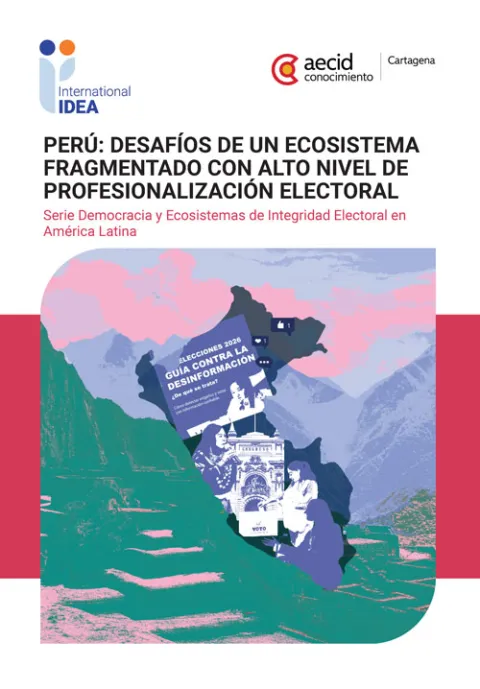This discussion paper is a result of the work performed at the Democracy in South Asia Outlook Forum in Colombo, Sri Lanka, on 28–30 November 2024, convened by International IDEA and the Centre for Policy Alternatives (CPA). The forum brought together a multidisciplinary group of experts from Bangladesh, Bhutan, India, the Maldives, Nepal, Pakistan and Sri Lanka.
Search
Region
Country
Type
This case study provides an outline of migration in the Republic of Maldives, an archipelago facing unique challenges due to its dispersed geography and vulnerability to climate change, with the concentration of its population in the densely populated capital, Malé.
The 2008 Constitution marked a new era of governance in the Maldives, paving the way for the country’s first multiparty elections, separation of powers, protections for human rights and stronger accountability institutions. Sixteen years later, however, there is a concern that the 2008 Constitution has not lived up to its promise, with signs of democratic decline, expanding executive power and the politicisation of independent institutions.
La Constitución de 2008 marcó una nueva era de gobierno en las Maldivas, allanando el camino para las primeras elecciones multipartidistas del país, la separación de poderes, la protección de los derechos humanos y el fortalecimiento de las instituciones de rendición de cuentas.


